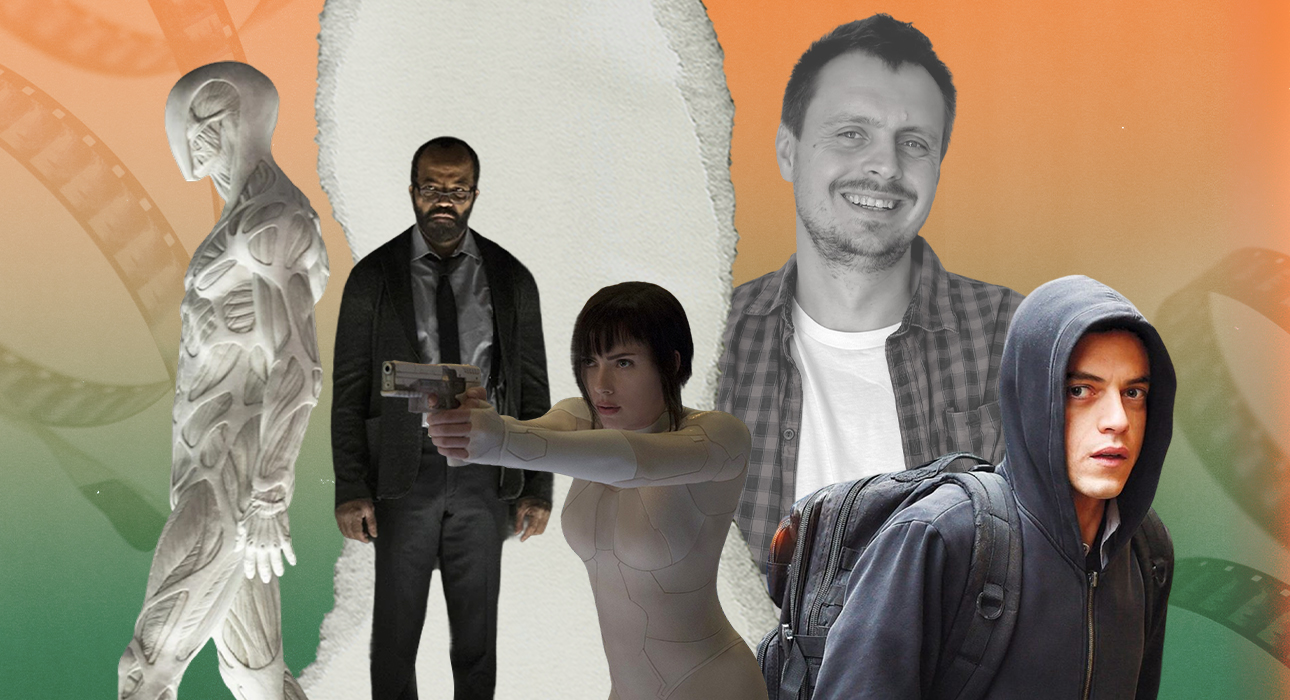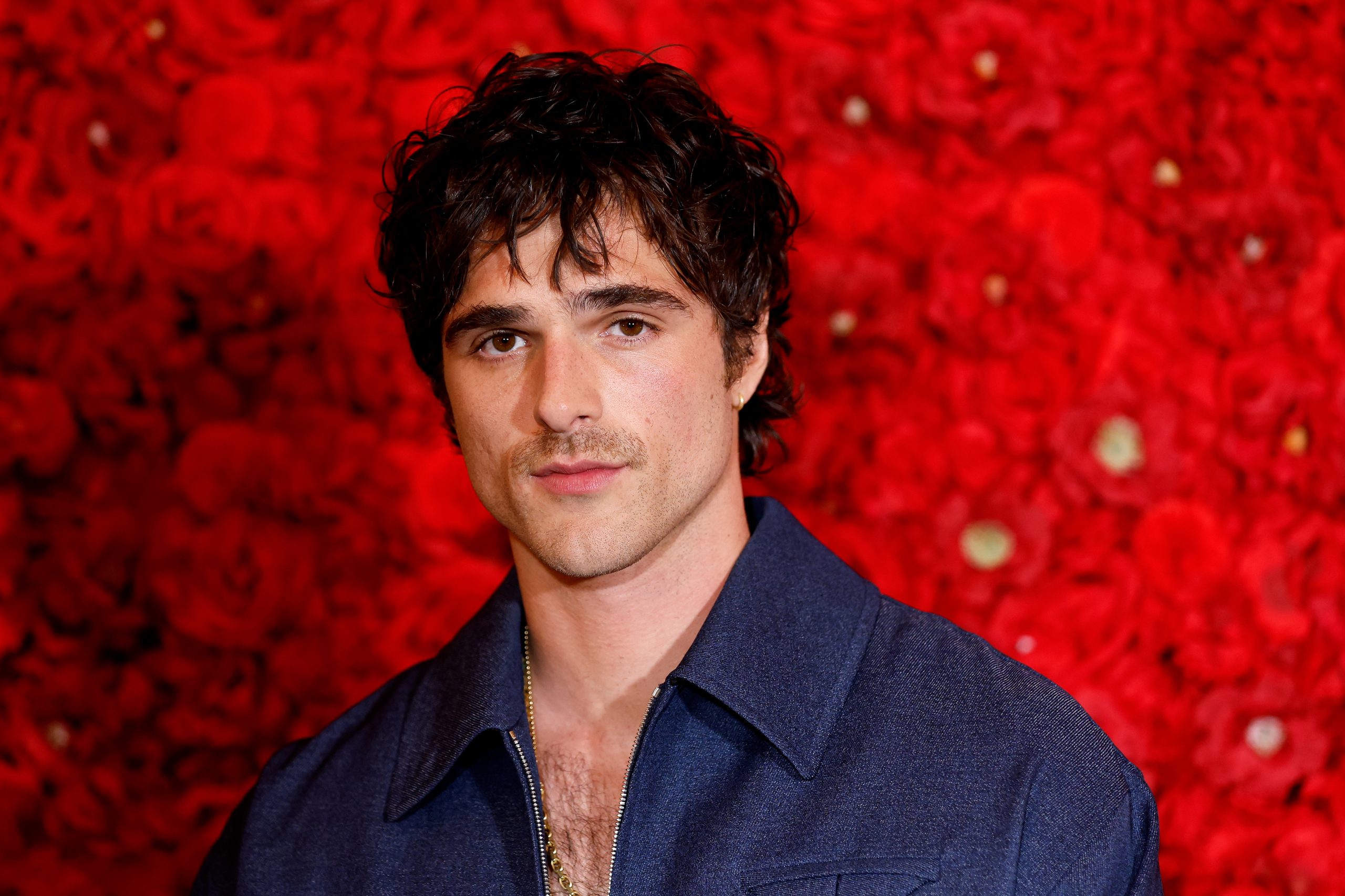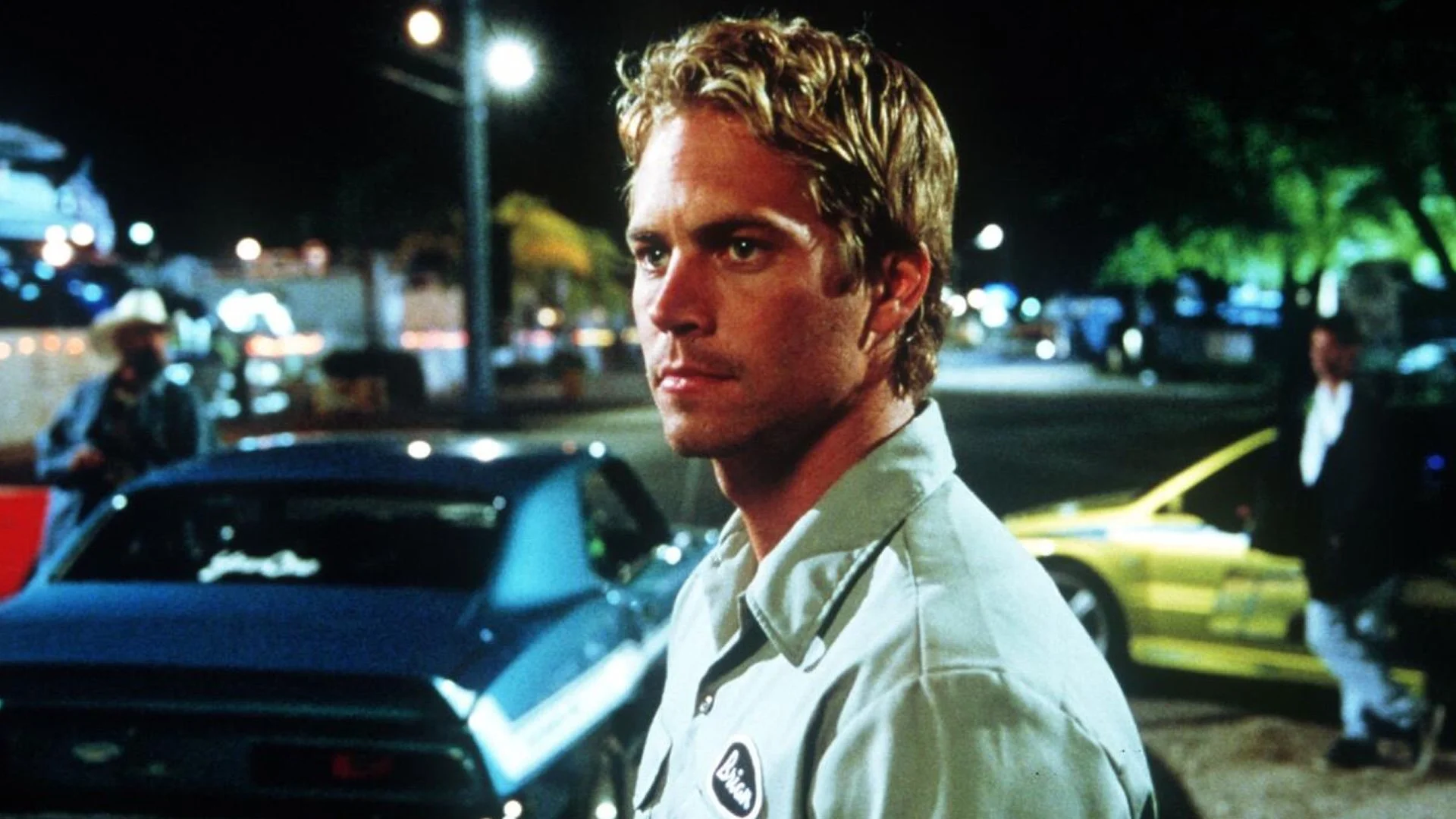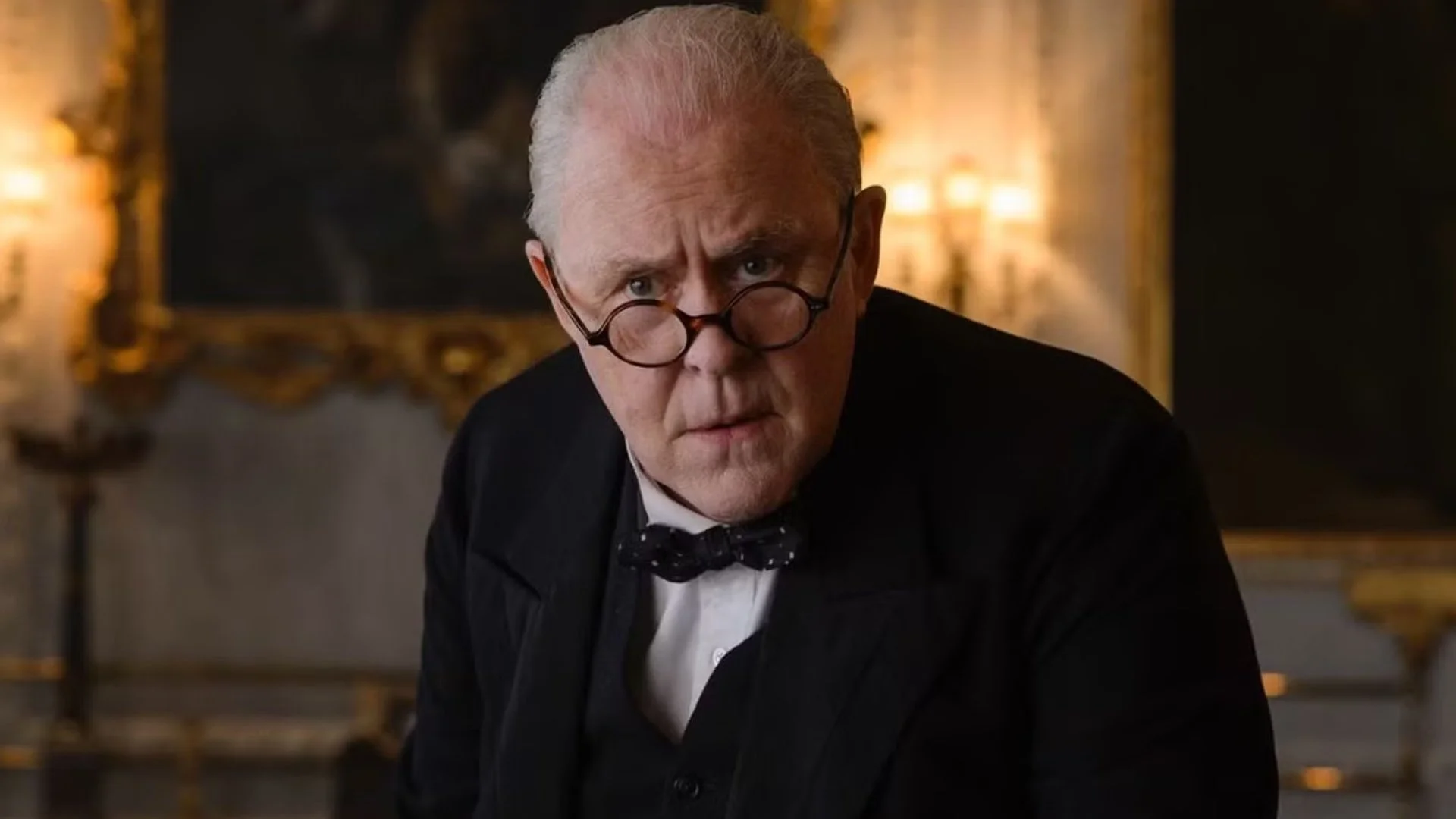October started with big news: Particle6 studio introduced the first digital actress Tilly Norwood, who has a chance to compete with Natalie Portman and Scarlett Johansson in popularity. And so that no one doubts their abilities, the creators announced that he has already received a role in the comedy sketch of the AI Commissioner, which was also created with the help of artificial intelligence.
How will the film industry change with the emergence of digital actors? How interesting is this for the viewer, given the demand for intimacy? How are neural networks currently used in cinema? What do interactive movies and video games have in common, in their creation they use instead of NPCs (non-player character – Approximately. ed.) Are there real actors involved?
We asked Max Chkonia, film critic and author of the Telegram channel “Max and Serials”, to answer these questions. He explained how the game and film industries affect each other, how digital actors will be in demand, and where artificial intelligence is currently actively used in the cinema industry.
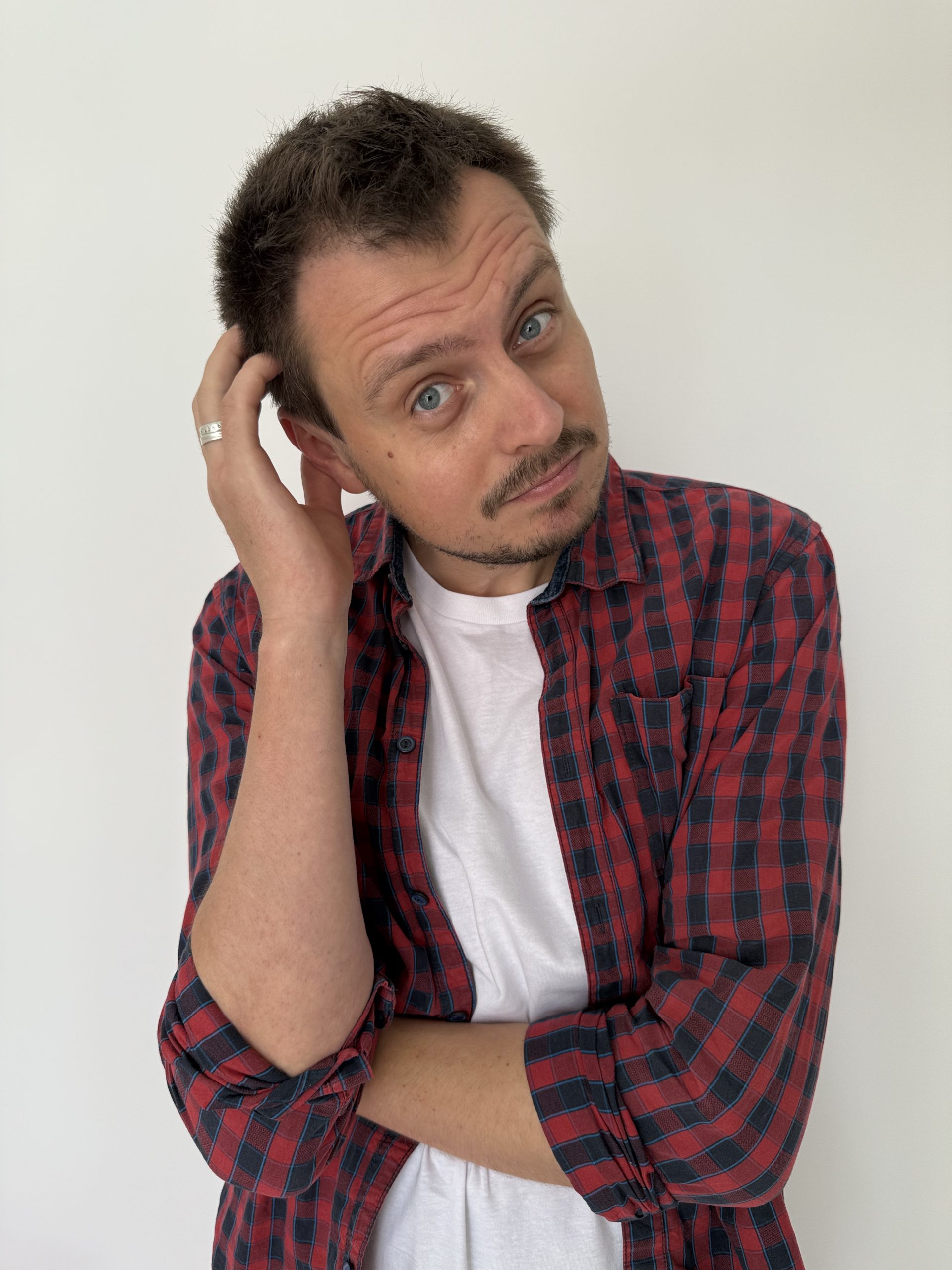
Max Chkonia, film critic, author of the Telegram channel “Max and the TV series”
Hello ChatGPT! Hello ChatGPT! Help.
First the scriptwriters, then the voice actors, now the actors, and soon the directors and producers will come. In a few years, cinema will be handed over to artificial intelligence. This is a wrong guess, I need to get my digital assistant’s opinion.
It all started when Elin Van der Velden, founder and CEO of AI production studio Particle6 and its sister talent studio Xicoia, said at the Zurich Film Festival that casting agents were keen to work with AI-produced actress Tilly Norwood.
Gun, bomb, neural network! So how talented is Tilly? Can he show everything that a living actor shows? How much does Tilly charge for her work? Does Tilly need a trailer during filming or will a flash drive be enough?
So far this all sounds more like dangerous noise produced by AI lobbyists: everything Tilly can do seems pretty inadequate, and it’s not clear how different she is from the thousands of digital avatars.
Van der Velden says Tilly will be “the next Scarlett Johansson or Natalie Portman.” Why not the words of a loving “mother” of a young actor who sees no shortcomings? But it seems to us that he does not sincerely believe what he says. We live in a society where you have to shout louder and only then worry about the meaning of the words.
And before we had time to accept the fact of Tilly’s existence, the media started talking about an AI director who would soon be released into the world. In a month they will shout about the first feature film without human participation. This digital noise binds us, the audience and the entire industry. We are increasingly getting used to the words “neural network” in the movie section, and soon a mandatory filter will appear on movie sites to cut out this plastic garbage.
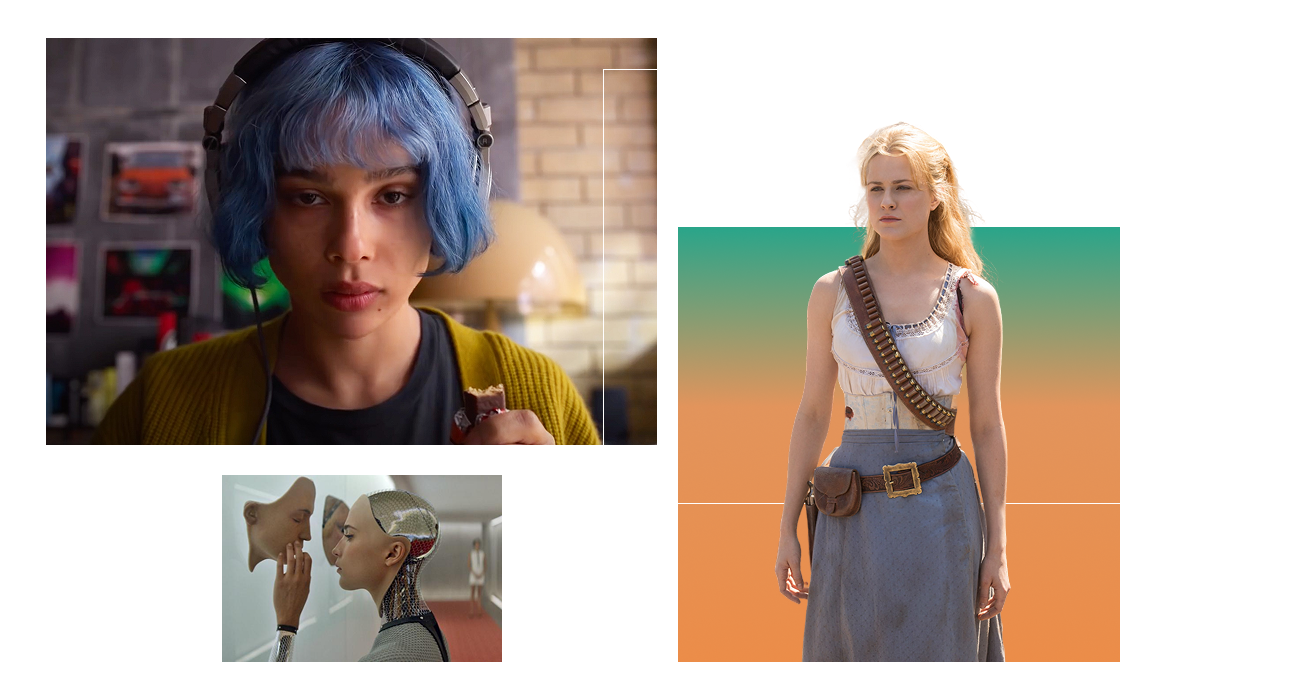
Tilly may not seem to comply with the trendy demand for intimacy, but believe me, they’ll comply with her, too. Even if the digital actress doesn’t yet have a past, political views or history of scandals. The real question remains to be solved: Tilly looks like a well-drawn video game character and says, “I love you! “No, I’m the one who loves you!”
It’s even a bit ironic that cinema has been preparing us for years for the fact that artificial intelligence will be everywhere, even inside the cinema. More than twenty years have passed since a robot could not write a symphony, could not turn a piece of canvas into a masterpiece, and we are approaching the moment when it will be able to do it. We just don’t want to.
Artificial intelligence has two paths: Try to change a person – and make them angry, or help a person – and make them a little less angry.
The first path is Tilly Norwood and her future followers, but even artificial talent is still missing. The second way is already our reality.
With the help of artificial intelligence, movies are getting back to normal, Harrison Fords are getting younger, and Adrien Brody’s Hungarian pronunciation is improving. Of course, even here there is almost always a sense of falsehood, but I am sure that after a while we will stop noticing the artificiality of color correction on restored films and stop slapping our foreheads when we see another restored actor – both because we will get used to it and because technology must advance.
But watching a movie created entirely by AI should stay within the confines of “this is some kind of creepy movie.” Now even a post on any social network is a test of insight, disbelief and “identifying the AI cat.” What if it appears on this Netflix list or in the TV series section of Kinopoisk? Let’s return to the topic of filters for online cinemas.
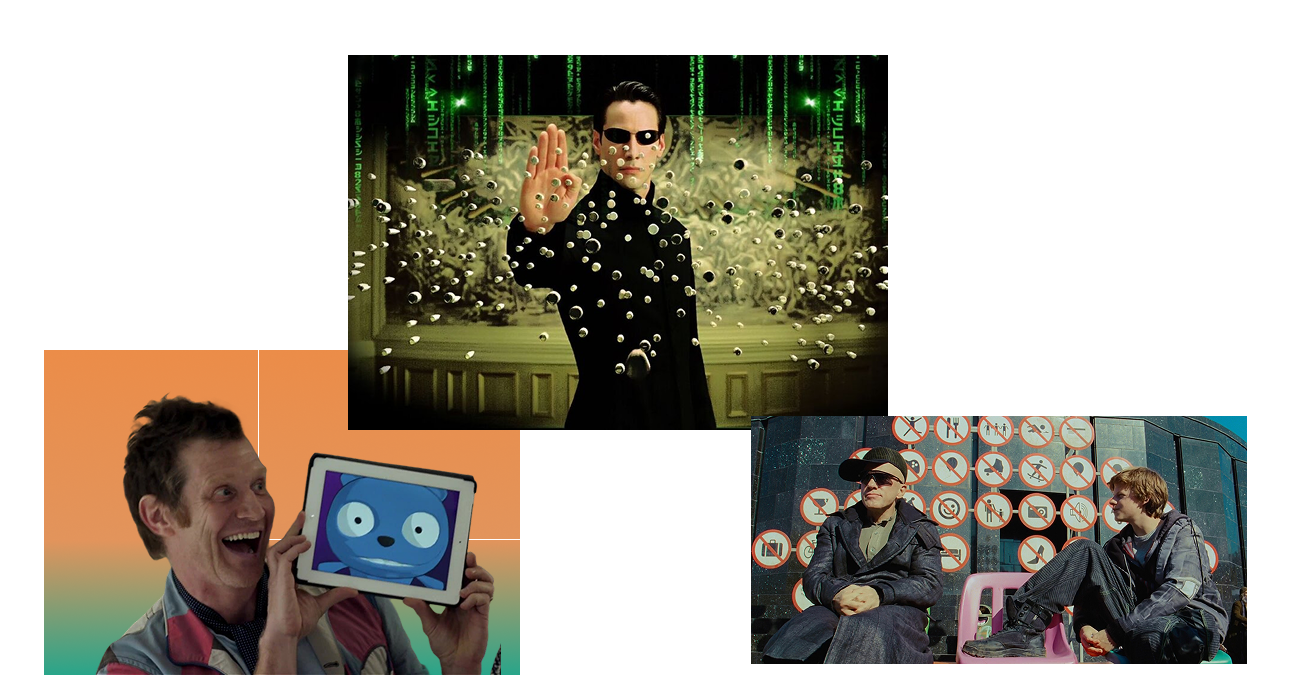
Now, not for any mission, but for the sake of entertainment, you can make a list of prophetic movies: “2001: A Space Odyssey” and voice assistants, “Blade Runner” and questions about android identity, “Cherry 2000” and “It” – about artificial intelligence and human love.
I want to watch movies about artificial intelligence much more than movies created by it.
If cinema looks at artificial intelligence with concern, video games, on the contrary, have long been friends with it. And paradoxically, the connection between games and real actors seems to be getting stronger. Of course, there are messengers here who connect the two worlds; for example, Hideo Kojima, whose importance as an actor is difficult to overestimate. Her projects involve people whom the producers of any film would gladly invite over Tilly Norwood. Yes, game developers have problems with artificial intelligence, but from a specific perspective, the value of human creativity seems even higher.
Tilly Norwood is a bullet fired at random. It is not so important whether it hits the target or not, the shot itself is important. We still have a lot of fixes to go with neural networks, we’ll be hearing a lot of pros and hopefully even more cons. Maybe we’ll even watch a movie with Tilly or her yet-to-be-named twin sister. Maybe someone could host their own Tillicon where fans would dress up in neural network costumes. But I still want to believe that it will remain somewhere on the margins, on the periphery of classical cinema.
I have absolutely no doubt that, with the development of artificial intelligence in cinema, lawyers will gain the most from it. Maybe even AI lawyers.
Source: People Talk
Errol Villanueva is an author and lifestyle journalist who writes for The Fashion Vibes. With a passion for exploring the latest trends in fashion, food, travel, and wellness, Errol’s articles are a must-read for anyone interested in living a stylish and fulfilling life.

